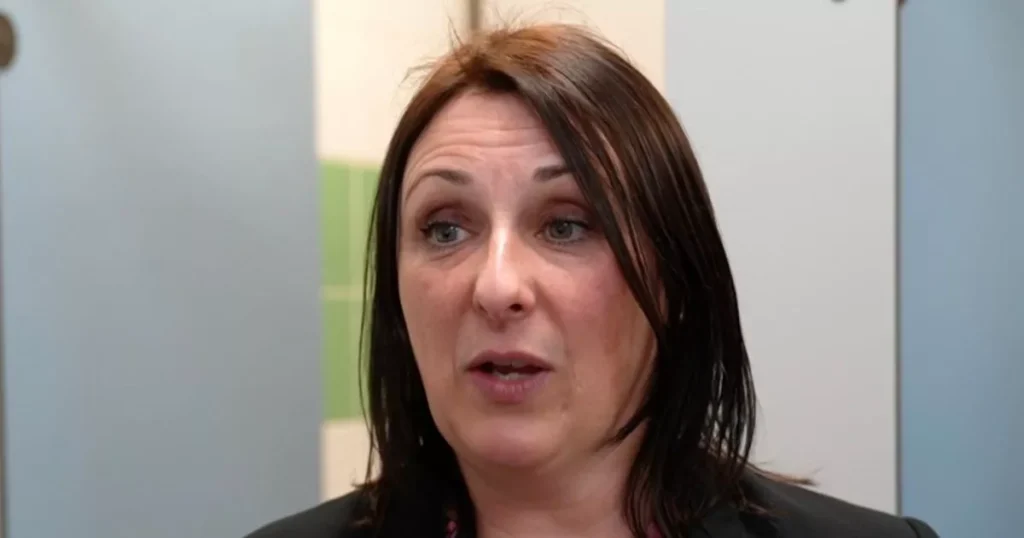The Royal High School in Edinburgh has taken a firm stance against vaping on school premises by installing vape detectors in all its toilets. The school spent about £1,000 on the detectors, which were wired in at the start of March. These detectors are able to detect chemicals present in vape mist and set off an alarm to alert staff immediately. Headteacher Pauline Walker emphasized that vaping is not acceptable and will not be permitted or promoted at the school. Since the detectors were installed, there have been almost zero activations, indicating a successful deterrent against vaping.
Vaping among young people has become a concerning issue, with many schools struggling to address the problem. Scotland has seen an increase in vapes being confiscated in schools over the past five years, with at least 770 vapes confiscated in various local authorities. The Scottish government announced plans to potentially ban the sale and supply of disposable vapes by April 2024 due to the rising trend of youth vaping. In recent years, there has been a significant increase in the use of disposable vapes among young vapers aged 11 to 17, highlighting the need for stricter regulations to combat this issue.
Headteachers across Scotland have voiced their concerns about the prevalence of vaping among students and emphasized the importance of educating both young people and adults about the risks associated with vaping. Schools play a crucial role in addressing this epidemic and promoting healthy behaviors among students. The installation of vape detectors in schools, such as at The Royal High School, is one proactive measure to discourage vaping on campus and protect students from the potential harms of e-cigarettes. It is essential for schools to take a stand against vaping and implement strategies to prevent its use among students.
The alarming rate of vaping among young people has prompted calls for stronger regulations and interventions to curb this trend. Vaping has become a widespread issue in schools, with disposable vapes being particularly attractive to youngsters. The easy availability and appealing flavors of disposable vapes have contributed to the rise in youth vaping. Schools must work in collaboration with local authorities and the government to address this issue effectively and protect students from the risks associated with vaping. By implementing measures like vape detectors and educating students and parents, schools can play a key role in preventing vaping among young people.
The use of vape detectors in schools has shown promising results in deterring students from vaping on school premises. Schools like The Royal High School in Edinburgh have taken proactive steps to address the issue and send a clear message that vaping is not acceptable. By installing vape detectors and enforcing strict policies against vaping, schools can create a safe and healthy environment for students. It is crucial for schools, local authorities, and the government to work together to combat the rise in youth vaping and protect the well-being of young people. Stronger regulations and educational campaigns are needed to tackle this public health issue effectively.
Overall, the installation of vape detectors in schools and the proposed ban on disposable vapes in Scotland reflect the growing concern about youth vaping and the need for stronger measures to address this issue. Schools play a vital role in promoting a healthy lifestyle and preventing harmful behaviors like vaping among students. By taking a stand against vaping and implementing preventive strategies, schools can contribute to creating a safer and healthier environment for young people. It is essential for all stakeholders to work together to combat the epidemic of youth vaping and protect the well-being of future generations.


